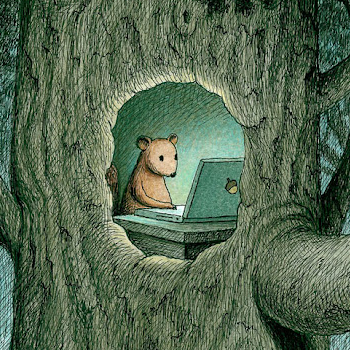How many protons and neutrons are there in this nucleus#: ^137Ba#?
1 Answer
This nucleus has
Explanation:
Two numbers are used to identify a nucleus:
Atomic number -- number of just protons in the nucleus. The atomic number determines what an element is chemically, for the number of protons determines the number of electrons needed to balance the charges in an atom, which in turn determines the electron configuration the atom will adopt.
Mass number is the number of protons plus neutrons. This is roughly proportional to the total mass of the atom. Mass number is also a key property of atoms because we need to know the masses of atoms to understand how a given amount of material we weigh out will react -- for instance, how much carbon dioxide gas can we get out of 10 grams of calcium carbonate and how much hydrochloric acid do we need to get all the gas? We can write a balanced equation
That's why chemists commonly identify an isotope with the element, which implies its atomic number, and then the mass number.
When the element is barium, that means the aomic number is

